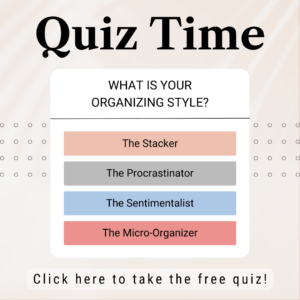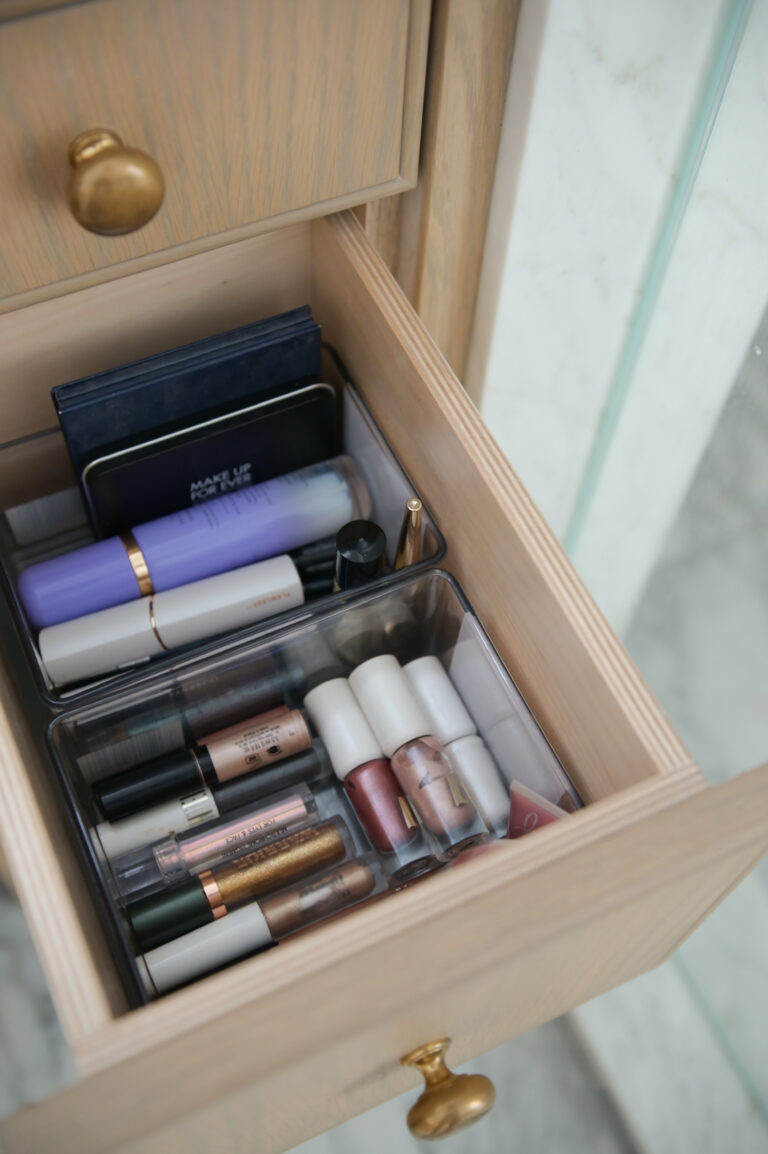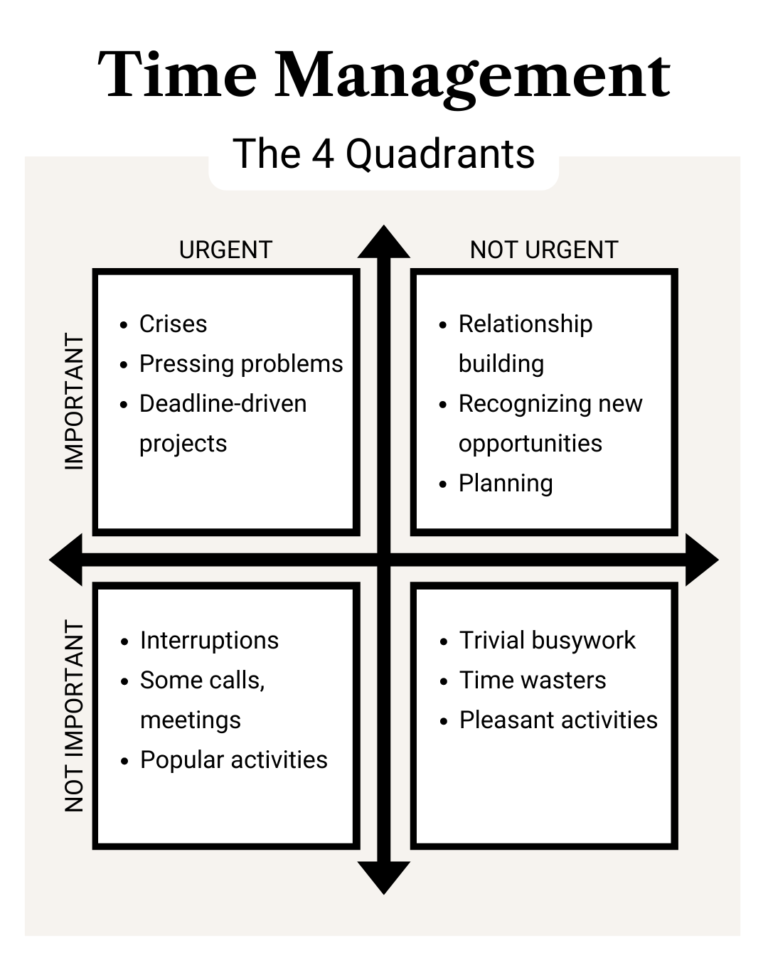 Each week we will share with you simple organizing tips for your office, home and life. By the end of 2011, you will be amazed at all your accomplishments by following these simple organizing tips!
Each week we will share with you simple organizing tips for your office, home and life. By the end of 2011, you will be amazed at all your accomplishments by following these simple organizing tips!
To ensure success in achieving your goals this year and staying on track with your organizing tips:
- Get an organizing buddy – Success is keeping yourself accountable to your goal and being persistent. Just like exercising, having an accountability partner will be your success factor to your organizing success
- Use Sherry as your accountability partner at www.facebook.com/Association-Business-Organizing
PS – This “tip” was taken from our latest newsletter. Are you getting our newsletter it is full of organizing tips? Sign up by clicking on “Get Your Free Report” at the TOP RIGHT of this page and you’ll also receive our FREE 7 Ways to Organize Your Workspace.







